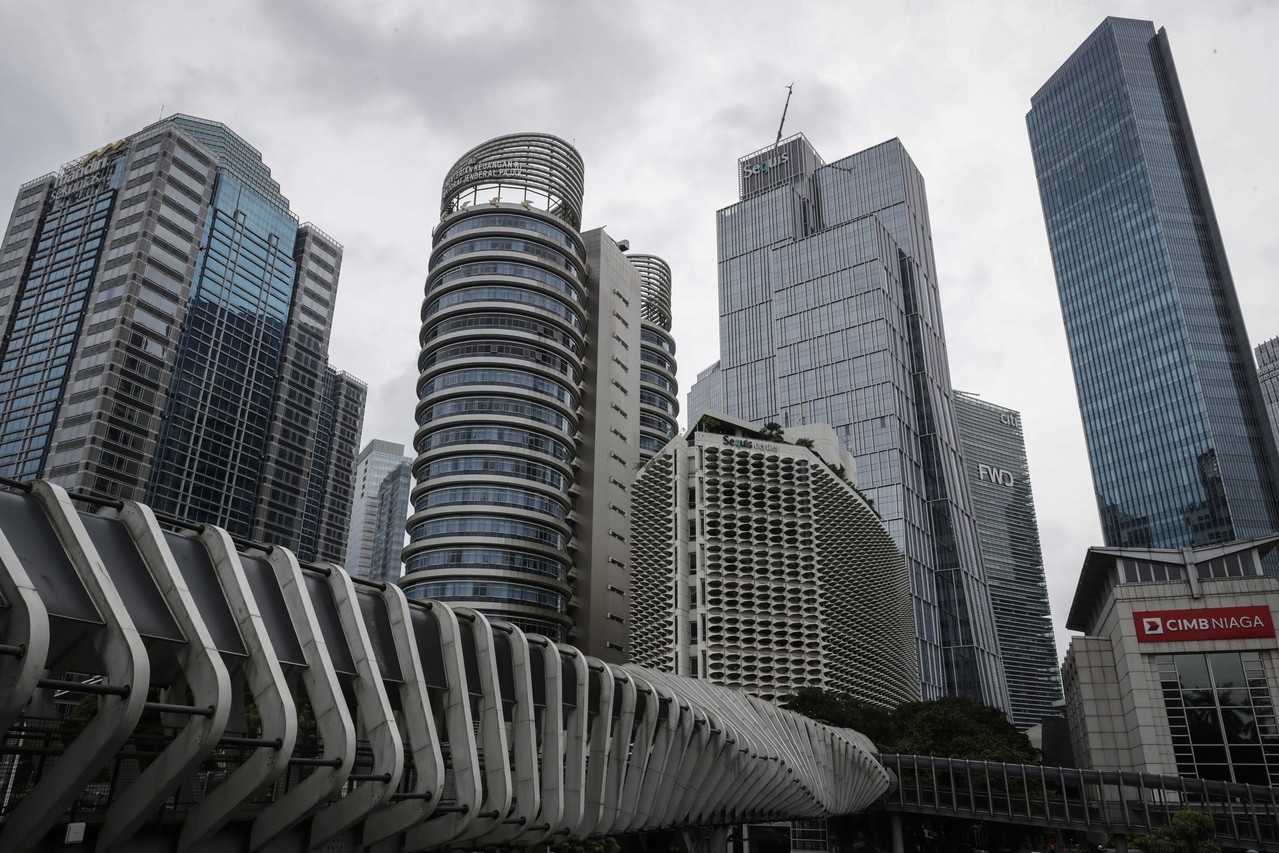Fintechs' plans to buy Indonesian banks will raise competition, but incumbents likely to stand firm: Fitch
Sign up now: Get ST's newsletters delivered to your inbox

In markets such as Indonesia, there is a risk that aspiring digital banks may misprice credit risks when targeting the unbanked.
PHOTO: EPA-EFE
Vivien Shiao
Follow topic:
SINGAPORE (THE BUSINESS TIMES) - Recent moves by tech firms to acquire small Indonesian banks will add more colour to Asean's financing landscape, but are unlikely to pose a material challenge to the biggest incumbent lenders in the near term, said Fitch Ratings.
This comes as the tech firms are first likely to target underserved or niche segments of the market which traditional banks tend to neglect, it added in the report.
In the past two months, there had been separate reports on consumer Internet firm Sea planning to acquire Bank Kesejahteraan Ekonomi (BKE), and mulling the purchase of another Indonesian bank. Indonesia's Gojek is also increasing its stake in Bank Jago. This highlights the ambition of tech firms to make further inroads in financial services, said Fitch.
"The acquisition of existing banks may help to smooth the path for fintech firms wishing to offer financial services in Indonesia, which has moved more slowly than some other Asean governments in developing so-called 'virtual banking' licence guidelines," said the report.
While Sea has secured a full digital banking licence in Singapore in December last year, it will still need approval from the Indonesian financial service regulator to wholly acquire BKE due to limits on foreign ownership. Approval, if granted, may come with conditions attached, said Fitch.
With tech firms being able to target markets in a swift, scalable manner without overheads associated with operating physical branches through the use of data analytics, it could pressure incumbent banks' profitability over the medium term, suggested Fitch. Smaller banks and those that have sub-par digital offerings are at greater risk of losing out.
Even so, Fitch believes that the impact is likely to be manageable in the near term as these new entrants will first zoom in on niche segments of the market where yields are higher and competition still developing, such as tech-savvy millennials.
Some established banks have also invested heavily in their IT infrastructure in recent years, with the Covid-19 pandemic providing a push for incumbents to accelerate their digitalisation, potentially closing off openings for some new entrants, said Fitch.
According to Fitch, it "remains unclear" which companies will ultimately be able to realise benefits from the growing links between tech firms and banks.
In markets such as Indonesia, there is a risk that aspiring digital banks may misprice credit risks when targeting the unbanked. Meanwhile, in more developed markets with dominant and more tech-savvy incumbents like Singapore, digital banks may face difficulty out-investing conventional banks in digitalisation to offer distinctive value beyond niche areas, said Fitch.
But the report found that the growth of fintech in Asean is also prompting closer regulatory scrutiny. For example, in markets where digital bank licensing frameworks are available, regulators have usually opted to introduce viability requirements for new digital banks to minimise the risks to financial stability.
Fintechs that are likely to provide more formidable competition for incumbents over the longer term include those that have established platforms and user bases or are backed by deep-pocketed corporates, said Fitch.
"These are more likely to be able to sustain the heavy financial investment necessary to attain scale, maintain cost competitiveness and survive the initial loss-making stages of a startup," it added.
In a previous Fitch report, analysts had said that Indonesia and the Philippines provide the largest market potential among Asean's six major economies for digital banks, on the back of their large unbanked population and low levels of household leverage. The six are Singapore, Malaysia, Thailand, Philippines, Indonesia and Vietnam.

